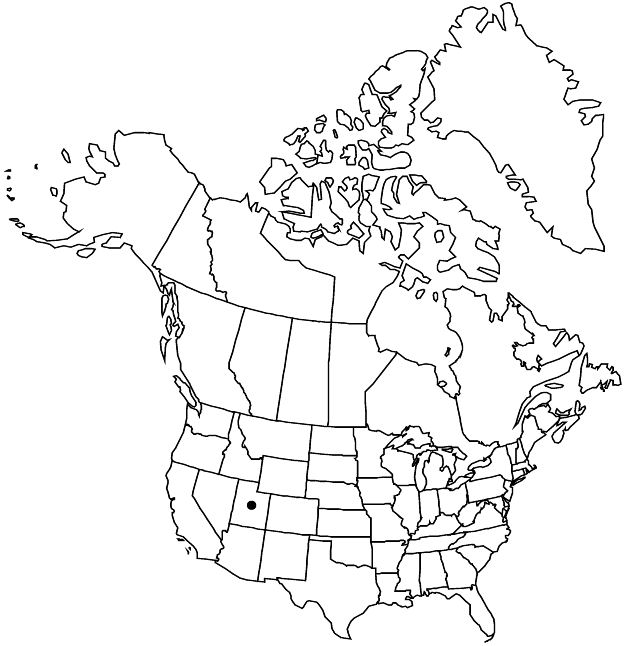Difference between revisions of "Sphaeralcea moorei"
Novon 12: 163. 2002.
FNA>Volume Importer |
FNA>Volume Importer |
||
| Line 11: | Line 11: | ||
|label=Endemic | |label=Endemic | ||
}} | }} | ||
| − | |basionyms={{Treatment/ID/ | + | |basionyms={{Treatment/ID/Basionym |
|name=Sphaeralcea grossuliariifolia var. moorei | |name=Sphaeralcea grossuliariifolia var. moorei | ||
|authority=S. L. Welsh | |authority=S. L. Welsh | ||
| + | |publication_title=Great Basin Naturalist | ||
| + | |publication_place=40: 35. 1980 | ||
}} | }} | ||
|synonyms= | |synonyms= | ||
| Line 54: | Line 56: | ||
|publication year=2002 | |publication year=2002 | ||
|special status=Endemic | |special status=Endemic | ||
| − | |source xml=https://jpend@bitbucket.org/aafc-mbb/fna-data-curation.git/src/ | + | |source xml=https://jpend@bitbucket.org/aafc-mbb/fna-data-curation.git/src/f6b125a955440c0872999024f038d74684f65921/coarse_grained_fna_xml/V6/V6_674.xml |
|subfamily=Malvaceae subfam. Malvoideae | |subfamily=Malvaceae subfam. Malvoideae | ||
|genus=Sphaeralcea | |genus=Sphaeralcea | ||
Revision as of 20:16, 24 September 2019
Plants perennial. Stems erect, red-purple basally, 3–8 dm, stellate-canescent. Leaf blades green, ovate to deltate, 3- or 5-lobed, digitate, spatulate, secondary divisions of lobes frequent, basal lobes frequently not divided, 1–4(–7) cm, not rugose, base truncate or cuneate, margins entire, surfaces gray-green stellate-canescent. Inflorescences paniculate, open, 1–few-flowered, very few-leaved, tip not leafy; involucellar bractlets green to red-purple. Flowers: sepals 4.5–8.5 mm; petals red-orange, 8–15 mm; anthers yellow. Schizocarps hemispheric; mericarps 10(–14), 3–5 × 2 mm, chartaceous, nonreticulate dehiscent part 50% of height, tip rounded to acute, indehiscent part wider than dehiscent part, sides reticulate. Seeds 2 per mericarp, brown to black, glabrous or sparsely pubescent.
Phenology: Flowering May–July.
Habitat: Sandy soil, riparian
Elevation: 800–1900 m
Discussion
Sphaeralcea moorei intergrades with S. grossulariifolia and has similarities to S. parvifolia. See under 11. S. grossulariifolia for discussion.
Selected References
None.
